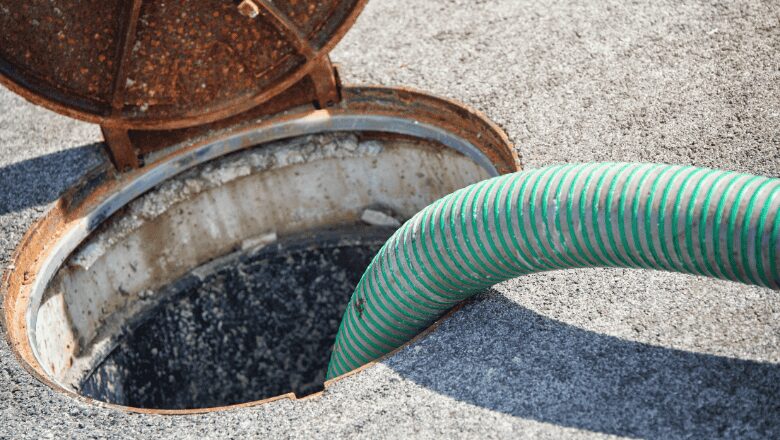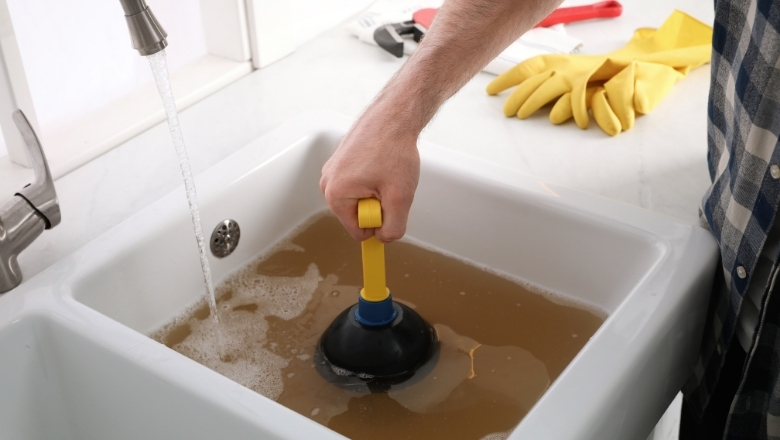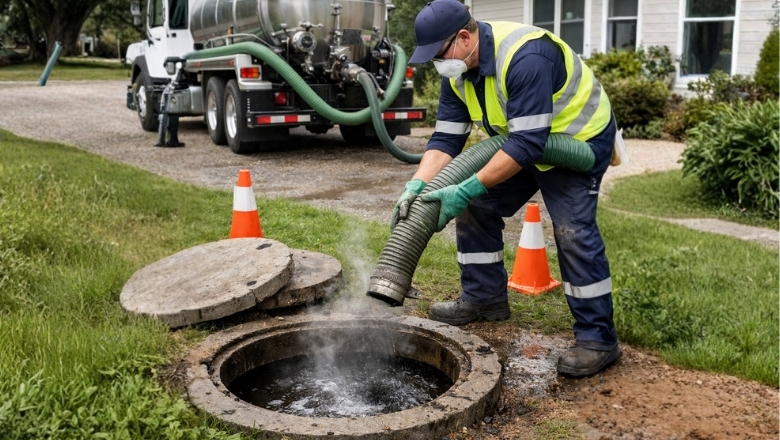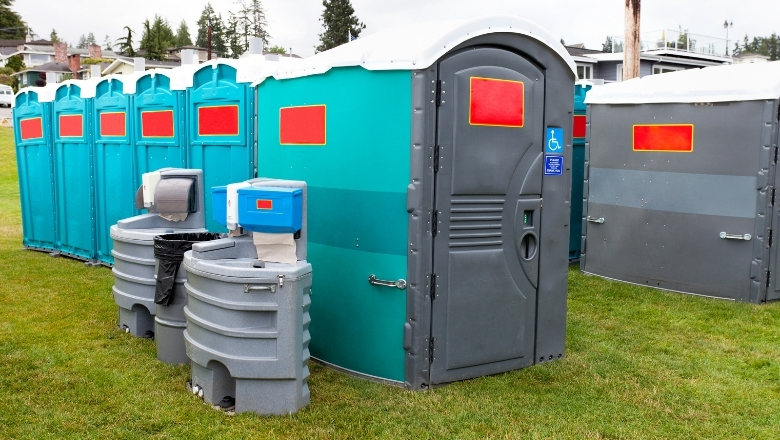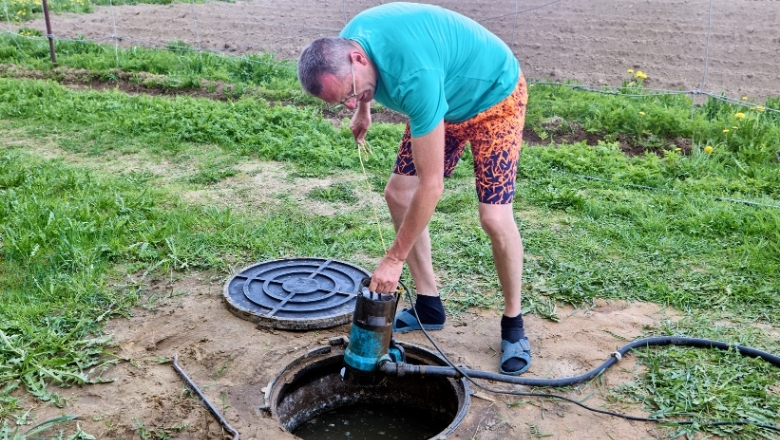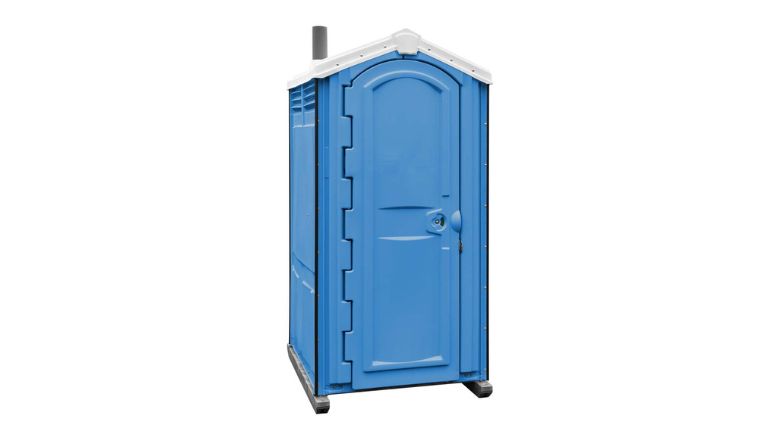Every Eastern Idaho location poses different challenges for a restaurant’s septic system, from the bustling tourist destinations of Idaho Falls, Montpelier, and Rigby, to the busy downtown restaurants in Pocatello, and from the vibrant dining spots in Rexburg, to the varied Twin Falls culinary scenes. Components may freeze in the septic system during the cold winters in these areas. Additionally, during high tourist seasons when restaurants experience surges in food traffic, it can strain septic tanks to their breaking point. The local taste for hearty, greasy meals increases the amount of fats, oils, and grease (FOG) in the system, which makes backups and logs more likely. Restaurant septic issues can escalate quickly in areas like these, where seasonal fluctuations, regional cuisine, and high customer traffic all converge. Service delays increase the risk of unpleasant odors, unsanitary spills, expensive repairs, and even forced closures from health inspectors.
Maintaining a healthy safety system for restaurants in Eastern Idaho is important for more reasons than merely complying with regulations. It’s also about safeguarding your reputation and ensuring that every customer has a secure, uninterrupted dining experience.
In this guide, we cover everything you need to know, including how to size a septic system for restaurant use, important maintenance tips, common mistakes to avoid, early warning signs to watch for, and protective steps to keep your system in excellent condition for many years to come.
Why Septic Systems Are Crucial for Restaurants
A restaurant’s septic system is more than just underground plumbing; it’s what ensures that your kitchen and dining areas are hygienic, safe, and compliant with regulations. Due to heavy cooking, dishwashing, and customer flow in restaurants, they generate more wastewater than households. If problems are not properly addressed, they may result in expensive repairs, frequent services, and a damaged reputation.
Here are some reasons why septic systems are so important in restaurants:
- Commercial kitchen wastewater contains fats, oils, and grease (FOG) that can quickly clog pipes.
- Health code compliance depends on a functional restaurant septic system.
- Even a small blockage can disrupt service and hurt revenue.
- Environmental impact – untreated wastewater can contaminate groundwater and the surrounding soil.
- Operational safety – preventing overflows and backups, keep your kitchen and dining areas hygienic.
- Cost efficiency – routine upkeep avoids expensive emergency repairs.
- Customer trust – a clean, odor-free environment keeps guests returning.
Working with professional restaurant septic maintenance companies, such as MVP Rentals, ensures that your system can handle heavy loads and remains compliant throughout the year, especially for busy establishments.
How to Size a Septic Tank for a Restaurant?
It is crucial to select the correct septic tank size for a restaurant to prevent backups and ensure compliance with regulations. Restaurants generate significantly more wastewater than homes, typically containing food particles, grease, and a substantial amount of water from cooking and cleaning. Appropriate sizing ensures your system remains efficient and prevents future costly issues.
Here are a few things to consider:
| Factor | Description | Impact on Size |
| Seating Capacity | More guests = more wastewater | Larger tank needed |
| Kitchen Operations | Grease-heavy cooking increases solids | Requires a larger capacity |
| Water Usage | Dishwashers, sinks, restrooms | Higher flow rate = bigger tank |
| Local Regulations | Health codes & permits | May set minimum size |
A typical commercial septic system for a medium-sized restaurant typically holds 1,500 to 3,000 gallons, but every situation is unique. For septic system design for a restaurant, consulting professionals ensure efficiency and compliance.
Commercial Septic System Maintenance Tips
For any restaurant, investing in a commercial safety system is crucial, and maintaining it in optimal condition is equally important to avoid costly disruptions. In addition to preventing breakdowns, routine maintenance keeps your commercial septic system in compliance with health regulations and extends its lifespan.
The following are important septic system maintenance tips.
- Regular Pumping – Follow a proper septic tank pumping schedule (every 1–3 years, depending on use).
- Grease Trap Cleaning – Prevent FOG buildup that clogs tanks and drains.
- Septic System Inspection – Catch small issues before they escalate.
- Drain Field Maintenance – Keep the area free from heavy vehicles, deep roots, and flooding.
- Septic-Safe Practices for Restaurants – Use enzyme-based cleaners instead of harsh chemicals.
- Staff Training – Educate employees on what can and cannot be disposed of down the drain.
MVP rentals provide commercial septic system maintenance and other septic services in Pocatello, Rexburg, Twin Falls, and other nearby areas. With commercial-consistent professional maintenance, you can avoid unpleasant surprises and keep your system reliable, effective, and prepared.
Common Mistakes Restaurants Make with Septic Systems
When it comes to a restaurant’s septic system, even small missteps can lead to serious problems. People face higher risks than homes due to heavy wastewater use, grease-heavy cooking, and regular kitchen activities. This problem can result in backups, order delays, and even health code violations if not maintained properly.
- Neglecting grease trap cleaning
- Ignoring early septic backup signs
- Overloading with excessive water use
- Skipping regular commercial septic tank pumping
- Using chemical drain cleaners
By working with experienced restaurant setting services providers near you, you can avoid pitfalls, safeguard your investment, and maintain your restaurant’s operations smoothly without costly disruptions.
Signs Your Restaurant’s Septic System Needs Attention
Although your restaurant’s septic system operates silently, it will start to show signs of trouble when a problem is about to arise. Neglecting these signs could lead to costly repairs or even temporary closures. Early problem detection keeps your business operating smoothly and your customers satisfied.
Keep looking for these signs of septic tank failure:
- Slow drains and frequent clogs
- Sewage odors indoors or outside
- Pooling water near the drain field
- Gurgling sounds in plumbing
- Sudden spike in pest activity
When any of these signs appear, schedule immediate septic service in Pocatello, Rexburg, Twin Falls, or Rigby, Idaho, before these issues worsen.
Preventative Measures for Long-Term Septic Health
Consistency and thoughtful maintenance are the first steps in preventing septic issues in restaurants. In addition to preventing emergency repairs, proactive maintenance not only increases the lifespan of your restaurant’s septic system but also makes sure it can withstand heavy kitchen use and seasonal traffic spikes.
By taking a few proactive steps, the cost of thousands can be avoided in repairs:
- Maintain your septic tank pumping schedule
- Train staff on septic-safe practices for restaurants
- Schedule a seasonal septic system inspection
- Keep accurate maintenance logs
- Work with a reliable restaurant septic maintenance company
MVP Rentals commercial septic service system experts provide continuous support from emergency septic service system to wastewater management for restaurants, overall helping you protect your investment and keep things running smoothly all year long.
Keeping Your Restaurant’s Septic System in Top Shape
From proper sizing and maintenance to avoiding costly mistakes, we’ve walked through the key steps every restaurant should take to keep its septic system in top shape. The message remains the same, whether you’re running a cozy café in Pocatello, a bustling tourist destination in Idaho Falls, or a busy diner in Twin Falls: be proactive, stay consistent, and your septic system will keep your kitchen humming and your customers happy.
At MVP Rentals, we’re a family-owned business ready to help — not just with septic work, but with everything from executive luxury mobile restrooms and portable toilets to full-service septic pump-outs. We provide septic services in Pocatello, Rexburg, Twin Falls, Idaho Falls, Montpelier, ID, and Rigby, ID. Our offerings include commercial septic tank pumping, commercial septic system maintenance, and emergency septic service for restaurants. As a trusted restaurant septic maintenance company, we also provide septic system design advice, routine cleanings, and on-call support — all delivered promptly with clean, sanitized equipment.
Don’t wait for a reminder from a backup to address septic issues—take action now. Call MVP Rentals today at (208) 244-7024 for reliable, local restaurant septic services near me and expert support that keeps your business running smoothly.

